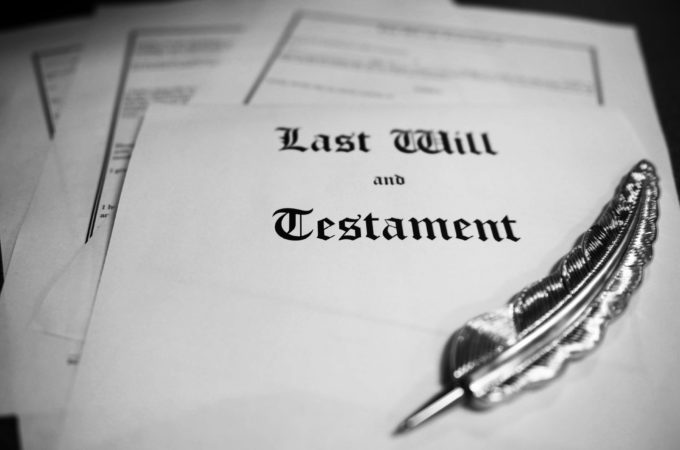Undue influence, a common claim to be heard in the context of will challenges, occurs when a testator is forced or coerced into changing his or her will or creating a new one in favour of the coercing party. A closely related concept is testamentary fraud. Although testamentary fraud does not involve direct coercion, legal scholars consider it to be a subset of undue influence. Like ‘regular’ undue influence, the onus to prove testamentary fraud falls on the party claiming it, and if proven, this claim would then invalidate the will.
In the case of testamentary fraud, there need not be threats, intimidation or coercion, as there is in regular undue influence. Rather, the party that is guilty of the fraud misled or tricked the testator into changing his or her will on the basis of false information and deception. Although the testator ostensibly acted on his or her own free will and was not coerced, but for being deceived, he or she would not have made the same decisions.
An early decision about testamentary fraud is Mayrand v. Dussault, 1907 CanLII 94 (SCC), 38 SCR 460. This case provides a quintessential example of testamentary fraud. The brother of the very ill testator spent weeks convincing the testator that his illness was due to his wife feeding him inedible or unhealthy food. This claim was false, however the campaign was successful. The testator disinherited his wife, and left everything to his brother. The Court found that the brother had “poisoned” the relationship between the testator and his wife with falsehoods and deception and ruled that the testator would not have made the new will but for his brother fraudulently inducing him to do so.
Similarly in Anderson and Houge v. Walkey and Mason, 1961 CanLII 112 (ON CA), the testator’s housekeeper convinced him that his children were planning to place him in a care home, which was not something he was open to. This false claim led him to disinherit his children and instead leave the bulk of his assets to the housekeeper.
In the cases noted above, it is clear that the deception was the direct cause of the changes to the will. However, only rarely will a case be as clear. In many instances, it will be difficult to determine the nature of the falsehoods that were spread by the party accused of testamentary fraud. If it can be shown that the testator was indeed made to adopt a new belief, the Court will need to weigh the veracity of the belief, and determine to what degree the belief, if false, was the cause of the testator actually changing the will and rule out the possibility that the testator would have made the same decision even absent the deception.
These concepts were explored and clarified in Shapiro v. Shapiro, 2024 ONSC 4457. In this matter, the daughter and husband of the deceased testator, Carol Sue, accused their brother/son Michael and his wife of misleading Carol Sue on a number of points, leading her to cut the daughter out of her will and reduce the share of the husband. The Court provided a thorough analysis of the factors used to weigh the allegations, using which the Court had to determine whether Carol Sue had been deceived by her son and daughter-in-law, and what effect the alleged deception had on Carol Sue’s decision to change her will.
Ultimately, the Court found that Carol Sue’s will was valid, and that there had been no testamentary fraud or undue influence by Michael and his wife, ruling that the decisions had been made by Carol Sue having rationally made up her mind on her own.
Beyond the scope of Shapiro, there are a number of challenges that remain in testamentary fraud cases. Often there can be instances where the deception alleged may be more akin to tarnishing the original beneficiary’s reputation, rather than outright lying about his or her behaviour. This is especially true if the relationship in question was already dysfunctional, and if the testator was isolated and/or dependant on the parties accused of the deception. To what degree does tarnishing the reputation of a beneficiary count as testamentary fraud if it induces the testator to change his will, as long as no outright lies are stated? When does voicing one’s opinion to a parent about the perceived poor character of a sibling cross the line into conduct that can be used as the basis of a testamentary fraud claim? Should a favoured beneficiary muzzle his or her opinions about disfavoured relatives around a testator, lest he or she be accused of testamentary fraud, if the opinions which would otherwise be expressed are extreme or hostile? These questions and more remain to be clarified in future decisions of the Superior Court.
Thanks for reading


0 Comments